Get our new discipleship app!
We invite you to take part in this wonderful new interactive tool, Live The Rhythm. Here you can find podcasts, devotions, challenges, and content for every day faithful living. (www.livetherhythm.app)
We invite you to take part in this wonderful new interactive tool, Live The Rhythm. Here you can find podcasts, devotions, challenges, and content for every day faithful living. (www.livetherhythm.app)
